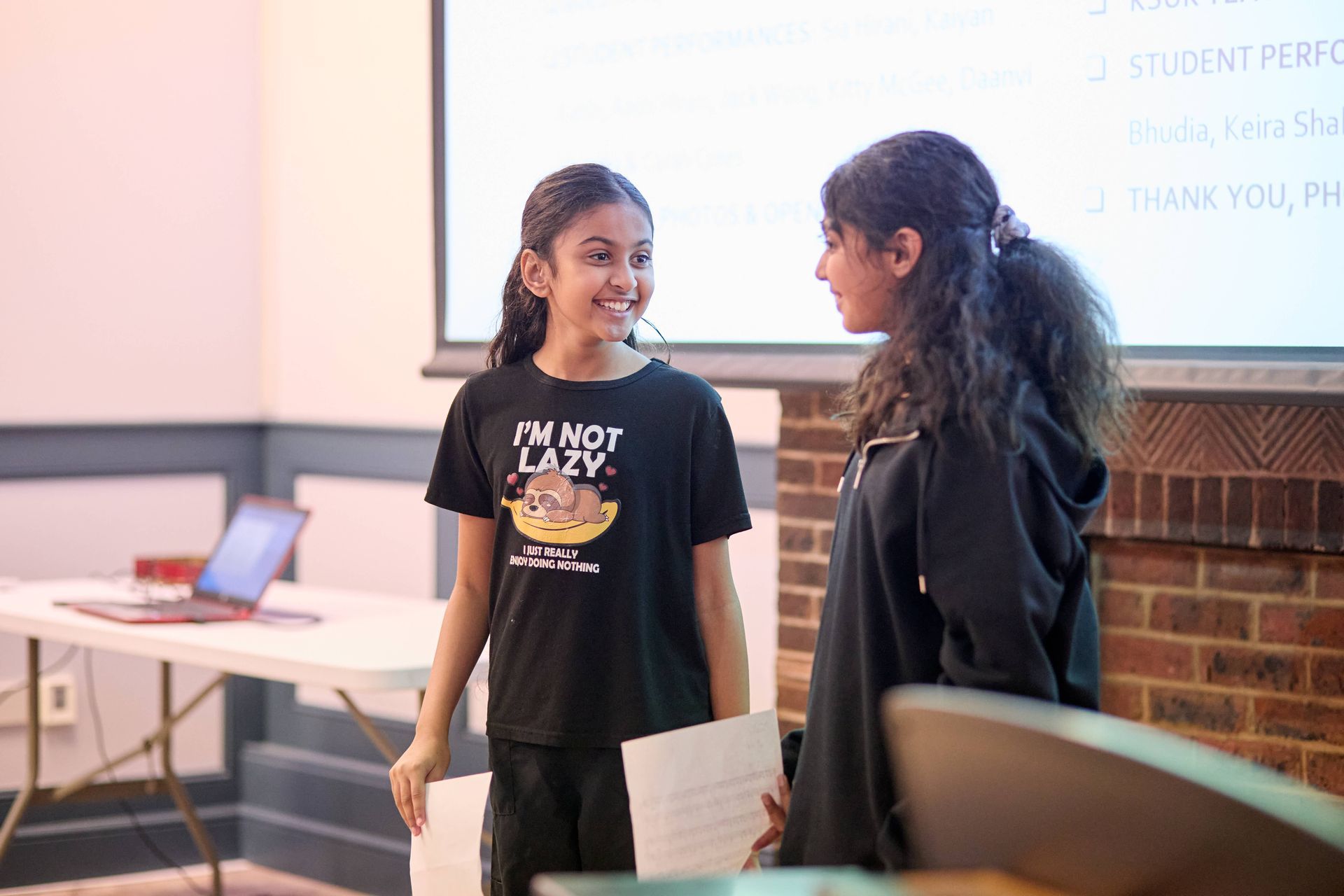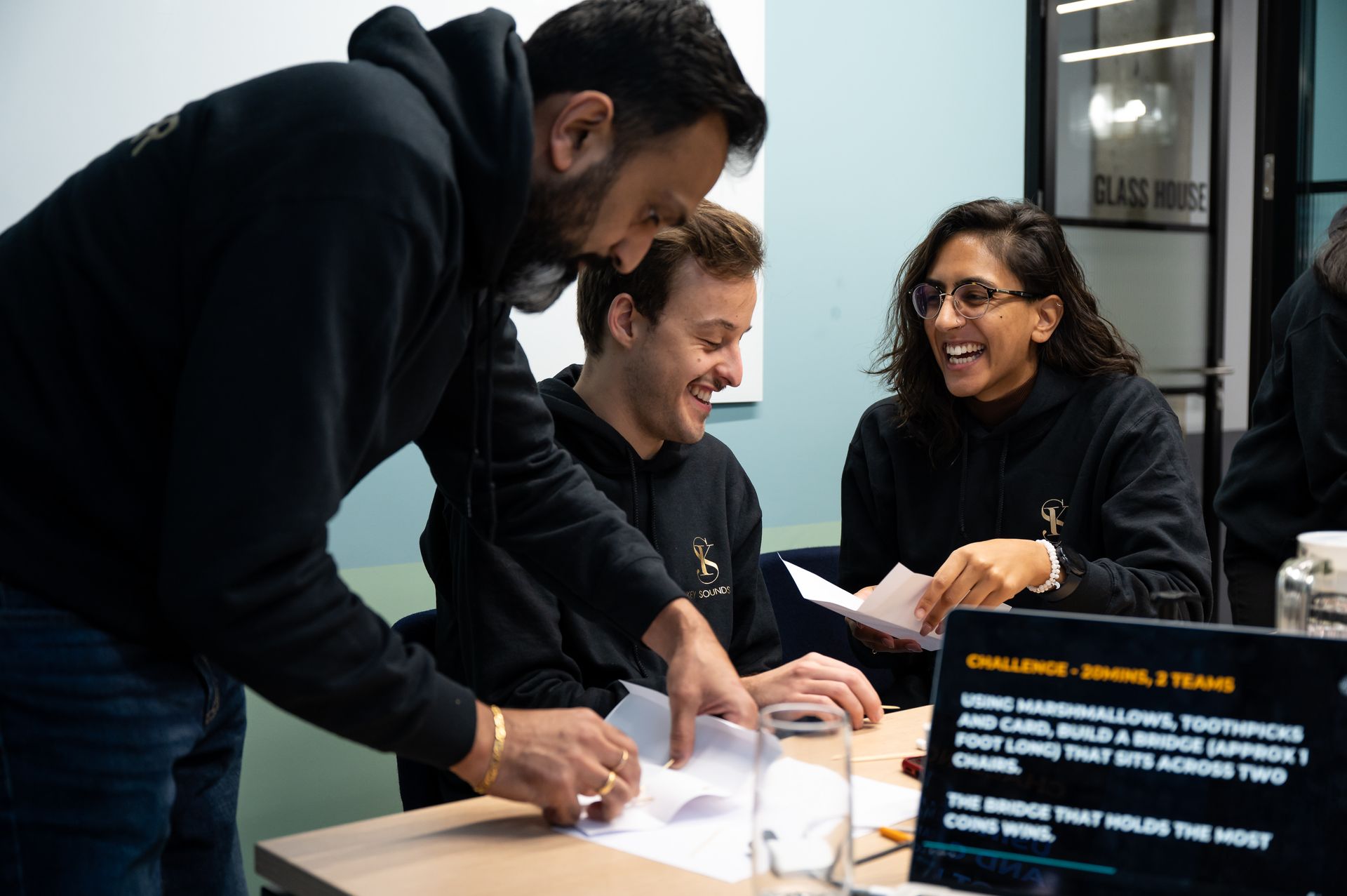Improve Your Focus in a Fast-Paced World through The Power of Piano Lessons
Improve Your Focus in a Fast-Paced World: The Power of Piano Lessons
In today’s fast-paced, technology-driven world, it can be challenging to maintain focus. With constant notifications, quick access to information, and the urge to multitask, our ability to concentrate is often spread thin. Learning to play the piano offers a powerful antidote to this distraction-filled environment. Piano practice demands full attention—whether you're mastering a complex piece or working on hand coordination, every note requires precision and focus. This active engagement of your mind not only sharpens your musical skills but also strengthens your concentration in everyday life.
Train Your Brain for Better Focus and Discipline
When you learn to play the piano, you are training your brain to process multiple tasks simultaneously—reading music, controlling rhythm, and coordinating your hands. This kind of mental workout helps improve your attention span and ability to focus on details, which can be directly applied to other areas of life, like work, studies, or personal projects. As you progress in your lessons, you’ll notice a positive shift in how you approach complex tasks, as piano playing teaches you to break challenges into manageable steps, ultimately enhancing your problem-solving skills and concentration.
Carve Out Moments of Mindful Focus Through Music
In a world filled with distractions, piano lessons offer a unique opportunity to carve out time for mindful, focused practice. By regularly dedicating time to music, you create a space where your mind can slow down and concentrate deeply on a singular task. This practice can become a meditative experience, helping you stay present and engaged, not only at the piano but in all aspects of your life. Whether you're juggling a busy schedule or just looking to improve your focus, learning to play the piano offers a rewarding way to enhance your concentration while enjoying the beauty of music.
Feel free to get in touch for more information: www.keysoundsuk.com/contact



